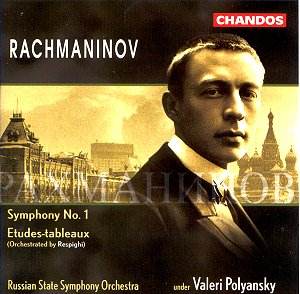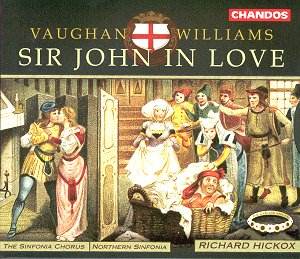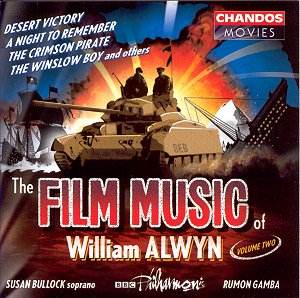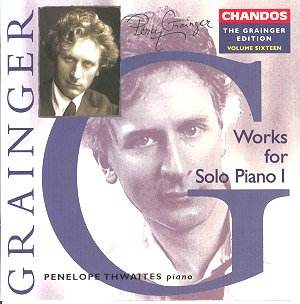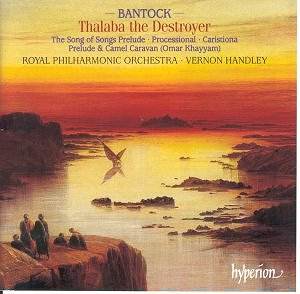 Composer: Granville Bantock (1868-1946)
Composer: Granville Bantock (1868-1946)
Works: Thalaba the Destroyer; The Song of Songs – Prelude; Omar Khayyam – Prelude and Camel Caravan; Caristiona; Processional
Performers: Royal Philharmonic Orchestra, Vernon Handley (conductor)
Recording: 20-21 February 2001, Walthamstow Assembly Halls, London – DDD
Label: Hyperion CDA 67250
Granville Bantock, often overshadowed by his contemporaries, emerges with renewed vigor in this latest Hyperion release. His oeuvre, particularly in the realm of symphonic poems, reveals a composer deeply invested in the exploration of poetic narrative through orchestral color. The collection spans several decades of Bantock’s creative output, showcasing works that delve into the exotic and the intensely emotional, while simultaneously reflecting the stylistic influences of Tchaikovsky and Sibelius. “Thalaba the Destroyer,” a symphonic poem from 1899, serves as a centerpiece, embodying a blend of lush orchestration and dramatic thematic development that marks Bantock’s signature style.
The interpretation by Vernon Handley and the Royal Philharmonic Orchestra is a testament to Bantock’s rich, often underappreciated, musical language. Handley, known for his affinity for British repertoire, conducts with a keen sense of the work’s underlying narrative. The opening of “Processional” is particularly striking, where the “Star Trek meets Beethoven Ninth” thematic material unfolds with a grandiosity that is both earnest and evocative. The Tchaikovskian influences are palpable, with woodwind passages reminiscent of the lush landscapes found in Sibelius’s symphonic writing, particularly at 3:40, where the upward woodwind slashes create a moment of vivid drama. Handley’s attention to dynamic contrast and orchestral balance allows the music to breathe, revealing the intricate textures that Bantock weaves throughout.
The engineering quality of this recording merits particular praise. The sound is clear, with a depth that captures the orchestral colors in all their glory. The brass fanfares in “Omar Khayyam – Prelude and Camel Caravan” resonate with a richness that transports the listener to the evocative landscapes Bantock conjures. However, a critique arises with the transition between tracks, notably the abruptness between the end of “The Song of Songs” and the beginning of the “Omar” Prelude. Such details can disrupt the listening experience, an aspect that future reissues should rectify.
The works included are not merely collections of orchestral gestures; they are imbued with narrative and emotional weight. “Caristiona,” for example, showcases Bantock’s delicate scoring for flute, horn, harp, and oboe, embodying a fragile romanticism that is both haunting and beautiful. The piece’s almost ethereal quality stands in contrast to the more bombastic moments of “Thalaba,” with its darker proclivities and thematic complexity, which grow in resonance upon repeated listens. It invites comparison to lesser-known works by Dvořák and Fibich, both of whom also navigated the murky waters of myth and folklore in their music.
Bantock’s music, particularly in pieces like “Thalaba the Destroyer,” displays a compelling interplay between thematic development and orchestral color that resonates with the listener. The experience is enriched by Lewis Foreman’s comprehensive liner notes, which provide essential context and enhance the engagement with the music. As a whole, this recording serves not only as a tribute to Bantock’s legacy but as a clarion call for further explorations of his works, particularly those that have yet to receive their due in the concert hall.
Hyperion’s release stands as a significant contribution to the ongoing revival of Bantock’s music. With its strong performances, thoughtful interpretations, and high-quality production, it reaffirms the composer’s importance in the tapestry of late Romantic British music. A broader audience is poised to appreciate Bantock’s unique voice, and this collection serves as an excellent entry point into his rich and diverse catalog.
